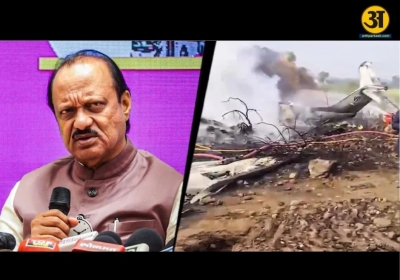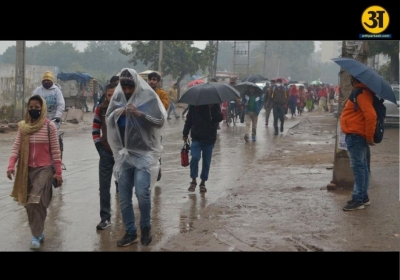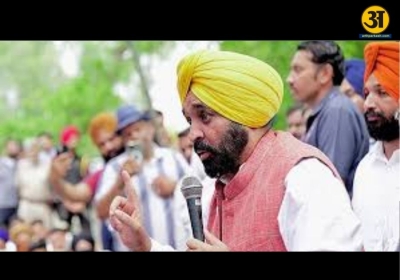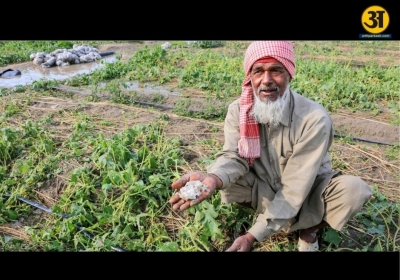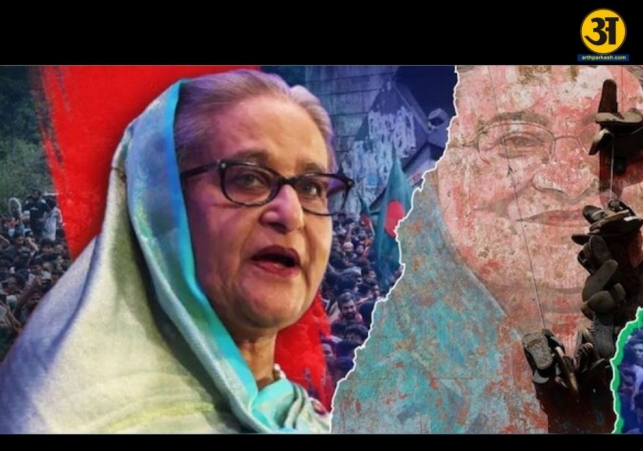
Sheikh Hasina war crimes hearing to be livestreamed for first time in Bangladesh
Bangladesh to livestream war crimes hearing of deposed PM Sheikh Hasina for the first time
Bangladesh is going to live broadcast the war crimes hearing of former Prime Minister Sheikh Hasina for the first time in its history. This is a big change because usually, trials like these are not allowed to be filmed or shown live on TV.
The International Crimes Tribunal of Bangladesh (ICT-BD) is the court responsible for hearing this case. On Sunday, this court will formally hear the charges against Sheikh Hasina. The state-run TV channel, Bangladesh Television (BTV), will show the hearing live to the whole nation.
Sheikh Hasina is facing serious charges related to crimes against humanity. These charges come from events that happened during a mass uprising in Bangladesh between July and August 2024. These events led to a lot of violence and loss of lives. The tribunal ordered an investigation into her role in these events. This investigation had to be completed by April 2025.
Sheikh Hasina was removed from power on August 5, 2024. This happened after a large student protest movement against her government. The protesters were led by a group called Students against Discrimination (SAD). After she was ousted, Muhammad Yunus became the Chief Adviser of an interim government.
This trial is important because it marks a major moment in Bangladesh’s judicial history. It is the first time that the formal charges against such a powerful former leader are being shown live on television. The government hopes this will show transparency and fairness in the legal process.
According to the court’s chief prosecutor Mohammad Tajul Islam, the tribunal will also hear charges against two other top leaders from Hasina’s government. These are former home minister Asaduzzaman Khan Kamal and former police chief Chowdhury Abdullah Al-Mamun. Both are currently in jail and will stand trial along with Hasina.
The prosecutor said that by allowing live broadcast, the entire country can watch how justice is being done. This is meant to build trust in the legal system and prove that no one is above the law, even former prime ministers.
Background and context
The International Crimes Tribunal was first set up to try people accused of helping Pakistani forces during the 1971 Liberation War. This war was when Bangladesh fought to become independent from Pakistan. The tribunal has already convicted and sentenced to death several top leaders from two major political parties, Bangladesh Jamaat-e-Islami and the Bangladesh Nationalist Party (BNP), for crimes committed during the war.
Now, the tribunal has turned to cases related to recent violence during the political unrest in 2024. The violence during the July-August uprising was severe. Hundreds of people, including students and policemen, were killed. According to a report by the United Nations human rights office, about 1,400 people lost their lives during this period of unrest.
The interim government, formed after Sheikh Hasina’s removal, arrested many senior leaders and officials from her party. They face charges such as mass murder, especially related to how protestors were suppressed violently.
The tribunal has even issued an arrest warrant for Sheikh Hasina. The interim government has also asked India to send her back to Bangladesh to face the trial. India has only acknowledged receiving the request but has not commented further.
The trial and live telecast mark a shift in Bangladesh’s political and legal environment. It shows that even former top leaders can be held accountable for their actions. The government says this is necessary to bring justice to the people affected by the violence.
What does this mean for Bangladesh?
The decision to live broadcast the trial is seen as a step towards greater openness in the judicial process. Many people in Bangladesh want transparency and fairness in how justice is served, especially for cases involving political violence.
Some see the trial as a way to heal the nation and prevent future violence by holding those responsible accountable. Others are concerned about the political impact this trial might have, as Sheikh Hasina is a very influential leader with many supporters.
This trial is also a reminder of the complex and often tense political situation in Bangladesh. The country has a history of political conflict between the major parties. This trial, and the events leading to it, reflect deep divisions within the country.
For many Bangladeshis, the live broadcast will be an important moment to witness how justice is carried out. It may help to build confidence in the legal system. It will also remind leaders that they must respect human rights and the rule of law.

